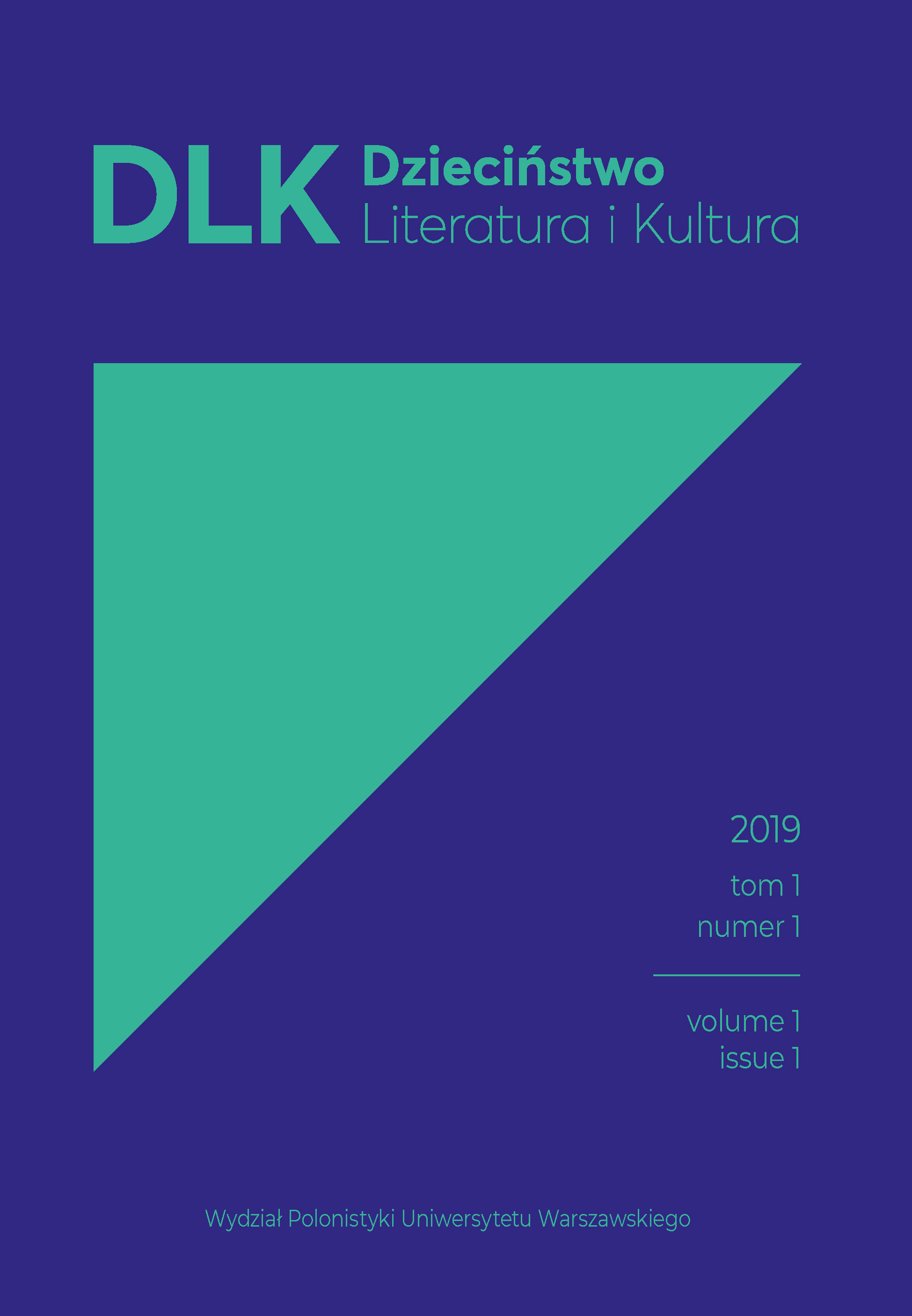Disability, Race, and the Black Satyr of the United States of America: The Case of Grover Underwood from Rick Riordan’s The Lightning Thief and its Film Adaptation by Chris Columbus
Disability, Race, and the Black Satyr of the United States of America: The Case of Grover Underwood from Rick Riordan’s The Lightning Thief and its Film Adaptation by Chris Columbus
Author(s): Anna MikSubject(s): Anthropology, Social Sciences, Language and Literature Studies, Fine Arts / Performing Arts, Customs / Folklore, Studies of Literature, Film / Cinema / Cinematography, Philology, Translation Studies, Theory of Literature, American Literature
Published by: Wydział Polonistyki Uniwersytetu Warszawskiego
Keywords: adaptation; children's and young adult film and literature; Chris Columbus; classical mythology; critical race theory; disability; Percy Jackson; race; reception studies; Rick Riordan
Summary/Abstract: This article aims to present the book-to-film metamorphosis of Grover Underwood from Rick Riordan’s novel The Lightning Thief (2005), adapted in 2010 by Chris Columbus for the screen. This character in both works is presented as an excluded member of the society: in the empirical world, as a disabled person, in the mythological one, as a satyr. What is more, in the motion picture, Grover, played by a Black actor, poses as an even more marginalised character, as a representative of a community discriminated in the USA. Therefore, the images of this character reflect the various levels of exclusion and show the ideological significance of a contemporary adaptation for the young audience. The comparative analysis is performed with the use of reception studies and critical race theory perspectives.
Journal: Dzieciństwo. Literatura i Kultura
- Issue Year: 1/2019
- Issue No: 1
- Page Range: 130-146
- Page Count: 17
- Language: English

